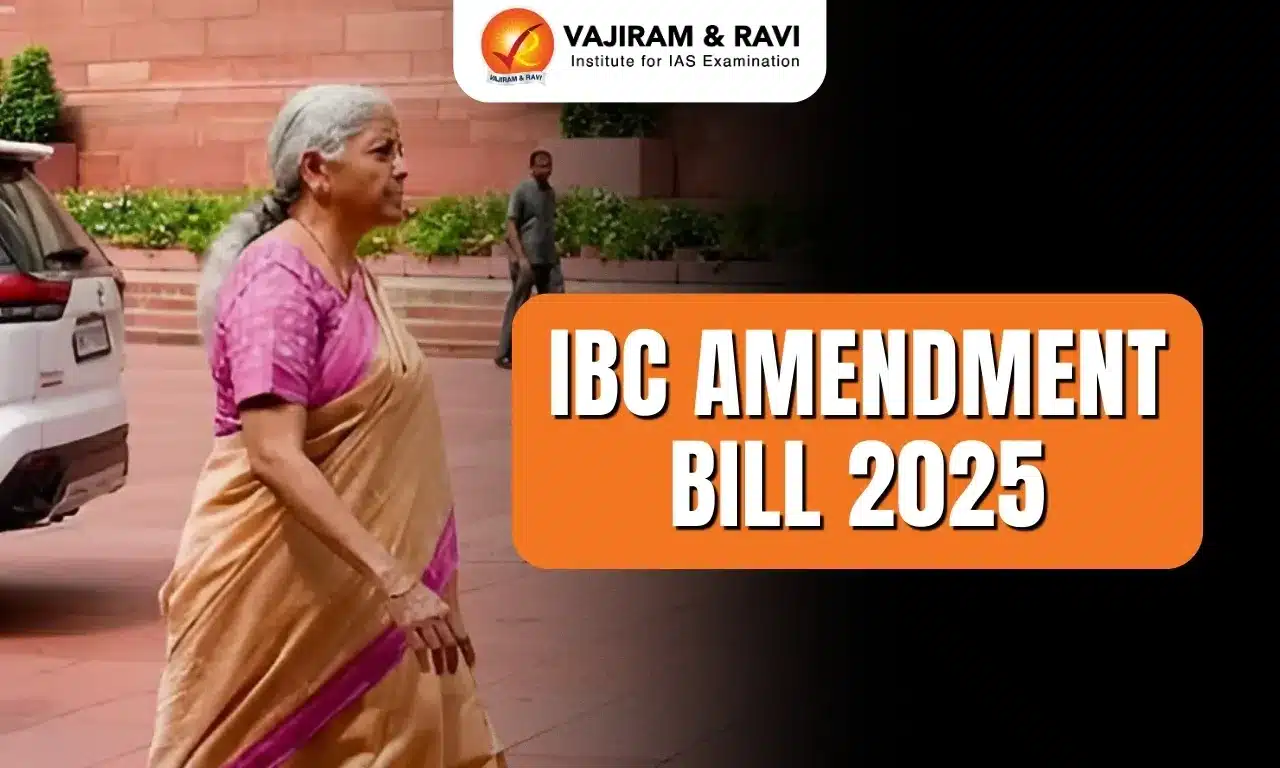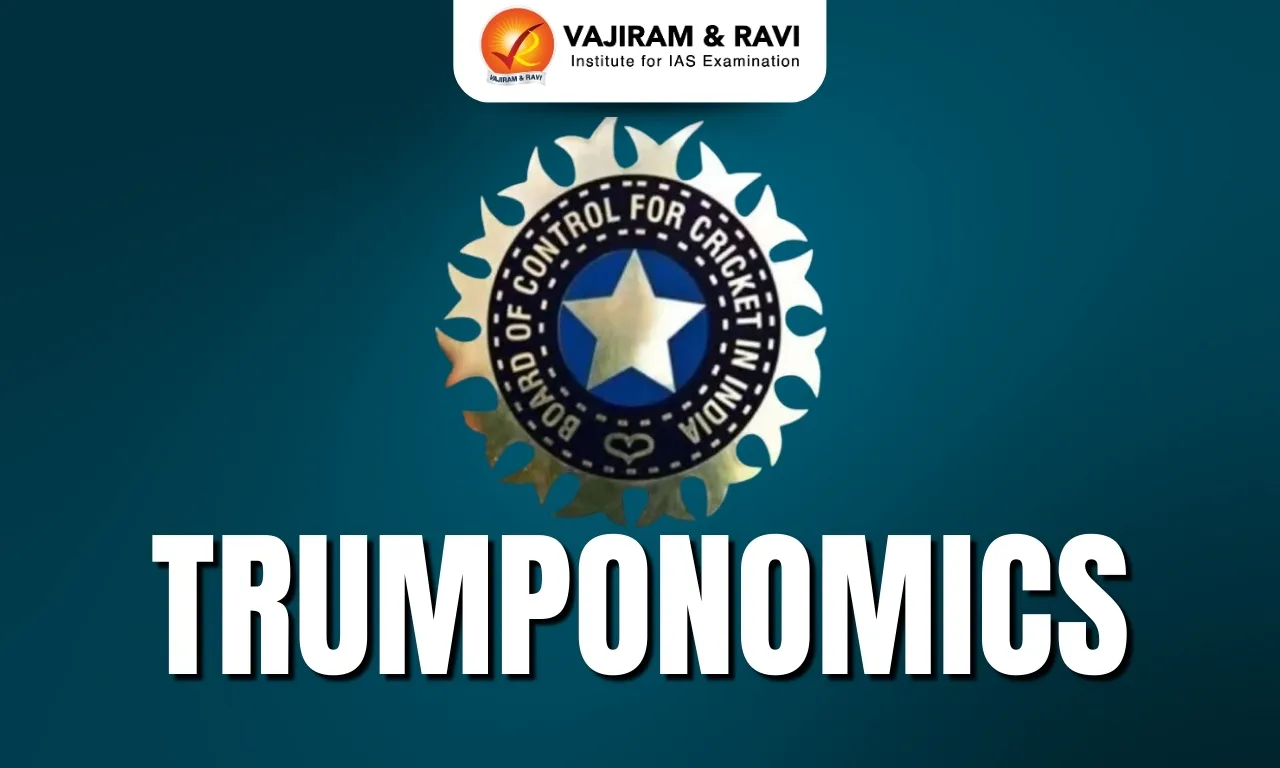What’s in today’s article?
- Why in News?
- Background
- Major Takeaways of the Draft National E-Commerce Policy
- Advantages of the Draft E-Commerce Policy
- Criticism of the Draft E-Commerce Policy
Why in News?
- The proposed national e-commerce policy being formulated by the commerce and industry ministry is in the final stages and no new draft policy will be issued now for seeking views of stakeholders.
Background
- Electronic commerce (e-commerce) is emerging as a crucial catalyst for Indian economic growth and development.
- As per the estimates, grocery and fashion/apparel being the key drivers, the Indian e-commerce industry would be valued at $99 billion in 2024, eventually growing to $300 billion by 2030.
- Recognizing its potential, the government is closely monitoring the evolving electronic business landscape, which requires a regulatory framework to protect buying, selling, marketing, and distribution activities.
- In 2019, a draft National E-Commerce policy was prepared and placed in public domain.
- In response to the draft Policy, comments of a number of foreign governments have been received, including the US Government flagging issues of US businesses.
- In August 2023, the Department for Promotion of Industry and Internal Trade (DPIIT) held a detailed discussion with representatives of e-commerce firms and a domestic traders’ body on the proposed policy.
- A government official said that a consensus has emerged among the concerned stakeholders on the proposed policy.
Major Takeaways of the Draft National E-Commerce Policy
- The Ministry of Commerce and Industry released the draft National E-Commerce Policy on 23 February 2019 (DPIIT 2019).
- The aim of the policy is to enhance consumer protection, data privacy and create a level playing field.
- The 2019 draft proposed to address six broad areas of the e-commerce ecosystem –
- Data,
- Infrastructure development,
- E-commerce marketplaces,
- Regulatory issues,
- Stimulating the domestic digital economy, and
- Export promotion through e-commerce.
- The draft talks about –
- Framework for restrictions on cross-border data flow;
- Collection or processing of sensitive data locally and storing it abroad;
- Measures to contain the sale of counterfeit products, prohibited items, and pirated content; and
- Review of the current practice of not imposing custom duties on electronic transmissions in the light of the changing digital economy.
- Besides, it suggests provisions for promoting exports through e-commerce; and developing capacity for data storage in India.
- The policy aims for inclusive growth in the digital space and in the e-commerce sector along with Make in India and Digital India programmes.
- The government hopes to encourage competition and prevent market failures and other market distortions.
Advantages of the Draft E-Commerce Policy
- The strongest element is that of information provision — Firms are expected to provide clear information regarding product details, photos, returns and exchange rules, modes of payment, grievance redressal mechanisms, etc.
- A related point is to set up clear grievance redressal mechanisms including nodal officers, timeframes and processes.
- This is a positive outcome for the consumers since good/transparent information and frictionless pre- and post- purchase processing are keys to a healthy e-commerce market.
- Platforms are required to open up the details of the sellers (name, location, contact details, etc.).
- This is good since buyers can now decide to do business with sellers beyond a platform (if they wish to).
- Platforms cannot use the vast data available to them to gain unfair advantage over sellers or show differential treatment between sellers. This is an important rule that goes a long way in ensuring seller welfare.
Criticism of the Draft E-Commerce Policy
- The proposed rules infringe on other ministries’ mandates.
- For instance, the ‘fallback-liability’ clause holds platforms liable for any mis-selling by third party sellers.
- However, this runs counter to the FDI rules of the Finance Ministry — preventing platforms from explicitly managing their inventory.
- Further, it takes away the immunity granted specifically to marketplaces under the IT Act.
- Similarly, the Ministry of Corporate Affairs feels that rules related to the abuse of competitive position are unnecessary since there is already a robust Competition Commission of India that oversees such issues.
- The proposal also refrains related parties from commercial activities on platforms.
- A related party is any entity with common shareholders of over 5 per cent or more than 10 per cent ownership.
- While the motivation for this clause is noble, it won’t make any sense from a regulatory perspective.
Q1) What is meant by Flash Sales?
A flash sale is a discount or promotion offered for a limited period of time. It allows merchants to sell a vast number of products at a large discount.
Q2) Which country has the biggest e-commerce market?
The revenue ranking in the e-commerce market is led by China with 1.3 trillion U.S. dollars, while the United States is following with 856.77 billion U.S. dollars.
Source: National e-commerce policy in final stages, no new draft to be issued: Official | EPW
Last updated on August, 2025
→ UPSC Mains Admit Card 2025 has been released on 14th August at www.upsc.gov.in.
→ UPSC Mains 2025 will be conducted on 22nd August 2025.
→ UPSC Notification 2025 was released on 22nd January 2025.
→ UPSC Calendar 2026 is released on 15th May, 2025.
→ UPSC Prelims Question Paper 2025 and Unofficial Prelims Answer Key 2025 are available now.
→ UPSC Prelims Result 2025 is out now for the CSE held on 25 May 2025.
→ The UPSC Vacancy 2025 were released 1129, out of which 979 were for UPSC CSE and remaining 150 are for UPSC IFoS.
→ UPSC Prelims 2026 will be conducted on 24th May, 2026 & UPSC Mains 2026 will be conducted on 21st August 2026.
→ The UPSC Selection Process is of 3 stages-Prelims, Mains and Interview.
→ UPSC Result 2024 is released with latest UPSC Marksheet 2024. Check Now!
→ UPSC Toppers List 2024 is released now. Shakti Dubey is UPSC AIR 1 2024 Topper.
→ Also check Best IAS Coaching in Delhi















